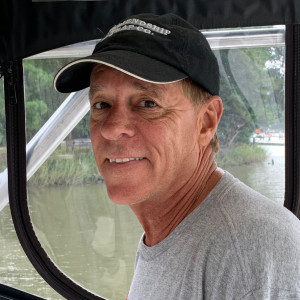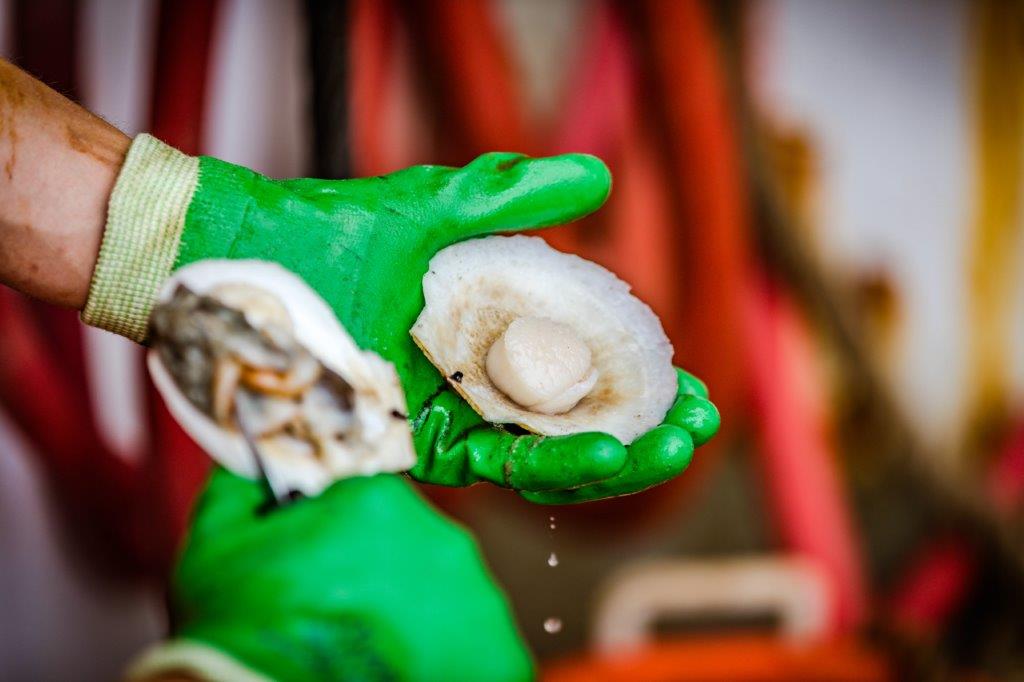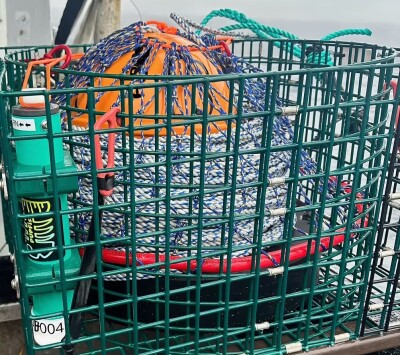The Atlantic sea scallop fishery is a success story, at least in terms of stock rebuilding and biological sustainability. From an efficiency perspective, however, the fishery is off course.
The outdated management approach for the limited access scallop fleet of one boat-one permit-one allocation has tied the hands of vessel owners, increased operational costs, effectively barring captains and crews from the pathways to ownership that their predecessors enjoyed, and added unnecessary safety risks on the water. There are too many boats spending too few days on the water, leaving the scallop fleet hamstrung as it navigates the choppy waters of a global pandemic and lower predicted harvests.
A typical full-time limited-access scallop vessel harvests its annual scallop allocation in around 70 days, leaving vessels tied to the dock more than 80 percent of the year. The only growth option is to buy another permit, which means buying another vessel. This is a cost-prohibitive option for independent operators, since it forces them to take on steep capital costs and pay for ongoing maintenance expenses for a redundant vessel.
Although one vessel could easily harvest the allocation of two limited-access permits, the fleet has no flexibility to do so. With harvests predicted to decline, meaning even fewer days on the water, the lack of flexibility will only cost more and leave more boats tied to the dock for more days. What’s more, the current system means that if a captain or crew get sick (a serious possibility in the age of covid-19), a vessel breaks down, or some other calamity hits, there is no back-up plan to fish the allocation.
Last year, a group of scallop vessel owners suggested that the New England Fishery Management Council prioritize the discussion and development of a voluntary leasing project for the limited-access fishery. Under their proposal, vessel owners would be able to lease one of their allocations for use on a different vessel, either one they own or one owned by someone else.

While current ownership and control caps would continue, this would instantly improve efficiency, without affecting harvest levels. It would also have positive effects on crew safety, dockyard activity, and fleet resilience. Our research indicates that the average oldest boat in the fleet is about 40 years old and that if leasing were an option, most owners would invest in upgrading their existing vessels.
While the leasing proposal didn’t make it on the council’s busy priority list for 2020, the Scallop Advisory Panel and Scallop Committee encouraged the owners to come back this year. The Scallopers Campaign is a result of this ongoing effort and is working to advance a limited-access leasing program. As a first order of business, the campaign developed a set of guiding principles. In our view, a scallop leasing program should:
- Promote flexibility and fairness for the benefit of the sea scallop fleet;
- Improve the economic performance and resiliency of the fishery;
- Include a commitment and measures (e.g. sideboards) to protect other fisheries from negative impacts of any approved program;
- Improve crew safety in the scallop fishery;
- Position the fleet to respond to future resource challenges;
- Ensure conservation neutrality;
- Include a commitment and measures to ensure “No Harm” to non-participating scallop vessels;
- Recognize and address the diversity and characteristics of the limited-access scallop fleet, including multifishery vessels; and
- Reflect and include the existing caps on ownership and control.
The Plan Development Team, Scallop Advisory Panel, and Scallop Committee — with the support and expertise of council staff — are well suited to develop a leasing program that follows these principles. With a supermajority of limited-access vessels already in support, the limited-access scallop fleet is more than ready to engage in this process.
We are now working within the council process to advance a leasing program as an amendment to the Sea Scallop Fishery Management Plan. We have also reached out to the administration to let them know that leasing in the scallop fishery is one lever that could immediately improve economic performance of U.S. fisheries during a historic economic storm. And in August, the Mid-Atlantic Fishery Management Council passed a motion encouraging the New England council to include a leasing amendment to the scallop management plan in its 2021 priorities.
The bottom line is that a leasing program within the limited-access scallop fishery would improve operational flexibility, improve safety, and create opportunities for the fishery to achieve its full economic potential.
In other words, it just makes sense.
 Rick Robins is a lifelong fisherman and former chair of the Mid-Atlantic Fishery Management Council.
Rick Robins is a lifelong fisherman and former chair of the Mid-Atlantic Fishery Management Council.
 Jeff Pike got his start as a commercial fisherman and served as chief of staff of the House Committee on Merchant Marine and Fisheries.
Jeff Pike got his start as a commercial fisherman and served as chief of staff of the House Committee on Merchant Marine and Fisheries.







